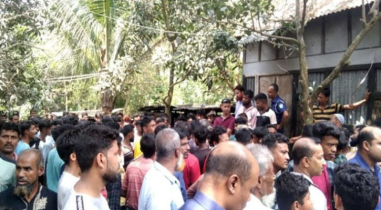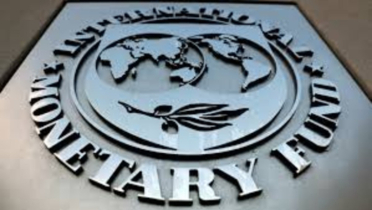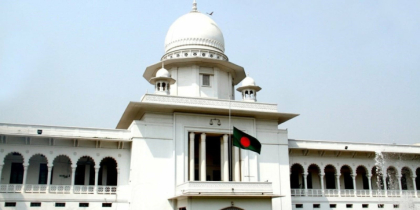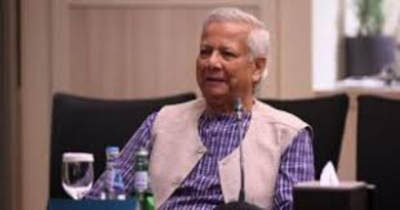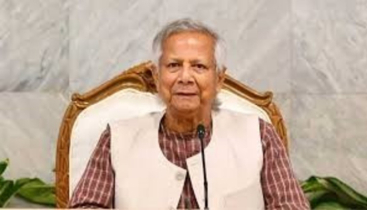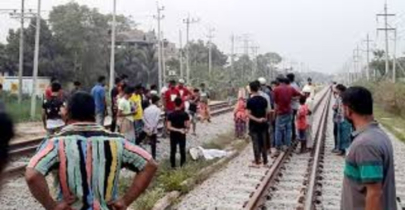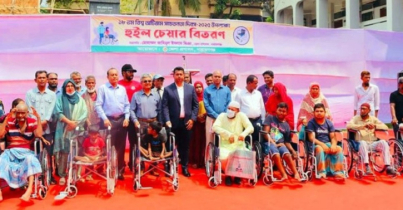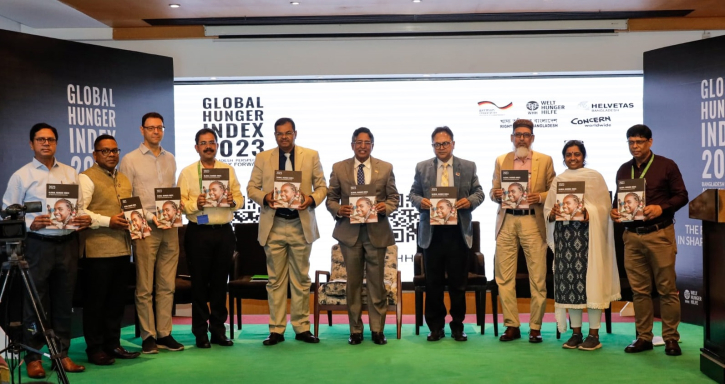
After years of progress, the latest Global Hunger Index shows that the world has largely stagnated in terms of hunger reduction since 2015. Despite many political assurances and international conferences, there has been no success in reversing this trend. The report assesses the nutritional situation in 136 countries, 43 of which continue to record serious or alarming levels of hunger. In 18 countries, hunger has grown since 2015. Fifty-eight countries will not succeed in achieving a low level of hunger by 2030. Africa South of the Sahara and South Asia are once again the regions with the highest rates of hunger. Overlapping crises – like climate change, the economic effects of the coronavirus pandemic, growing numbers of armed conflicts, and the rise in food prices, which was intensified by the Russian war of aggression against Ukraine – are forcing around three-quarters of a billion people to go to bed hungry every day. This hits young people, especially women, particularly hard.
The global youth population, presently around 1.2 billion, represents the largest cohort in history, mainly residing in low- and middle-income regions such as South Asia, East Asia, and Africa. These young individuals are entering adulthood amidst unequal and unsustainable food systems that struggle to ensure food and nutrition security, susceptible to climate change and environmental degradation. Often lacking access to resources, land, skills, and opportunities, they face challenges in actively participating in these food systems. Despite these obstacles, young people have a rightful expectation of a healthy and prolonged future. As successors to current food systems, there is a need for a more influential role in reshaping these systems, with a primary focus on food sovereignty. This approach empowers people to influence their food systems in accordance with their cultural, socioeconomic, developmental, and environmental values. Additionally, despite being underrepresented in policy and decision-making regarding food systems, youth possess a legitimate interest in determining their future, demanding their voices be acknowledged. Youth, as equal stakeholders in the right to food, recognize the crucial role of good nutrition in personal growth and development. To overcome barriers hindering their full participation, it is imperative to enhance the capacities of young people and present agriculture and food systems as viable and appealing livelihoods. Meaningful involvement of youth as leaders can unlock their potential as innovative catalysts for change, leveraging their energy and dynamism to revolutionize food systems.
In the 2023 Global Hunger Index, Bangladesh has secured a score of 19.0, indicating a moderate level of hunger within the nation. This score represents a marginal improvement from the previous year when the country's score was 19.6. Bangladesh has witnessed notable progress in recent years, showcasing a remarkable improvement of 25.5% since 2014 when its Global Hunger Index (GHI) score stood at 26.3, categorizing the situation as serious.
The consistent decrease in child stunting over the past few decades represents a noteworthy achievement. This positive trend can be attributed to the upswing in household economic development propelled by pro-poor economic growth, advancements in parental education, and improvements in health, sanitation, and demographic factors.
However, it is crucial to acknowledge that the current child stunting rate, standing at 28.0%, is still categorized as high from a public health perspective. Despite the progress made, there is room for continued efforts to further enhance the well-being of the nation's children.
Welthungerhilfe - In the journey against hunger, Bangladesh has shown incredible progress over the past decades. Now, as we navigate the challenges ahead, it is important to involve today's youth not just as spectators but as architects of a future that's sustainable, fair, and resilient. It is time for forward-looking approach, investing in the well-being of our young people—supporting their health, education, and skills development. Meaningfully engaging them in shaping policies, will enable us to build a future that embraces inclusivity, equity, and sustainability. It's crucial for young individuals to have opportunities in governing our food systems, ensuring their unique perspectives guide policies for a world where everyone enjoys just and sustainable food systems. – Pankaj Kumar, Country Director, Welthungerhilfe Bangladesh.
Concern – “Bangladesh has shown remarkable progress against hunger and there is potential to engage youth and facilitate their meaningful contribution in policy processes that can influence food systems. Yet youth participation in making decisions that will affect their futures is limited. Young women and men can apply their energy and innovation to help food systems become more sustainable, and better able to meet the needs of all specially those who are living in the conditions of extreme poverty. They can innovate to transform food systems to align with their local context and deliver improved nutrition and food security. We call for increased representation of youth in policy- and decision-making from local to national level to ensure their effective engagement in sustainable, equitable and resilient food system.” Manish Kumar Agrawal, Country Director, Concern Worldwide
Helvetas - “Over the last years, Bangladesh has made considerable progress in improving food and nutrition security. According to the Global Hunger Index, in less than ten years the country has country has progressed a “serious” level of hunger to a moderate index level of 19.0. However, challenges remain in shaping the food systems, especially with regards to child stunting and child wasting. The Government of Bangladesh and non-governmental actors at all levels need to work closely together to better coordinate their efforts to further improving these indicators.
This year’s Global Hunger Index puts a special emphasis on the power of youth to share the future of food systems. It describes how unequal and unsustainable food systems fail to deliver food and nutrition security, especially also to young people emerging into adulthood. It is therefore especially important that young people and youth have greater access to education and training, skills development, and tailored capacity building related to agriculture and other food system activities. This will give them the capacities to positively engage in the transformation of food systems.” - Ben Blumenthal, Country Director, Helvetas.
Dr. Muhammad Abdur Razzaque MP, Chairman, Parliamentary Standing, Committee on Ministry of Agriculture was present as the chief guest. While Dr. Gazi Md. Saifuzzaman, Director General, Department of Youth Development; Mr. Badal Chandra Biswas, Director General, Department of Agricultural Extension; Md Shahidul Alam ndc, Director General, Food Planning and Monitoring Unit, Ministry of Food; Dr. Mohammad Mahbubur Rahman, Director General, Bangladesh National Nutrition Council; Florian Höllen; Counsellor, Head of German Development Cooperation, German Embassy Dhaka were present as the special guests. Dr. Barnali Chakraborty, Assistant Professor, Department of Public Health, North South University presented the keynote. Along all other guests Mr. Pankaj Kumar, Country Director, Welthungerhilfe, Banglades; Mr. Shamim Ahamed, Deputy Country Director, Helvetas Bangladesh, Mr. Manish Kumar Agrawal, Country Director, Concern Worldwide Bangladesh were also present at the event.
Welthungerhilfe Bangladesh- Welthungerhilfe is one of the largest private aid organisations in Germany and has no political or religious affiliations. It is fighting for “Zero Hunger by 2030”. Since its inception, it has provided funding of EUR 4.75 billion for more than 11,498 overseas projects in 72 countries. Welthungerhilfe operates according to the foundational principle of help for self-help, which it implements with measures ranging from rapid disaster relief to rehabilitation to long-term development co-operation projects with national and international partner organisations. https://www.welthungerhilfe.org/
Concern Worldwide – Concern Worldwide is an international humanitarian organization dedicated to the reduction of suffering and working towards the ultimate elimination of extreme poverty in the world’s poorest countries. Our mission is to help people living in extreme poverty, achieve major improvements in their lives. To achieve this mission, we engage in long term development work, build resilience, respond to emergency situations, and seek to address the root causes of poverty through our development and advocacy work. In Bangladesh, Concern Worldwide works jointly with the government departments, civil society, private sector and other key stakeholders to ensure the sustainable changes in the lives of the extreme poor. www.concern.net
HELVETAS Bangladesh - Helvetas is an independent organization for development based in Switzerland with affiliated organizations in the United States and Germany. For over 60 years, it has been supporting poor and left-behind people and communities in about thirty countries in Africa, Asia, Latin America and Eastern Europe. In Bangladesh Helvetas started its activity in 2000. We work across 28 districts to promote sustainable and inclusive development, resilience to climate change, safe and informed migration, and good governance. Since 2017 we are assisting Rohingya and host communities. Helvetas works in partnership with civil society organisations, government actors and private sector to reinforce their autonomy and strengthen local ownership of social and economic development. https://www.helvetas.org/en/bangladesh

.png)
